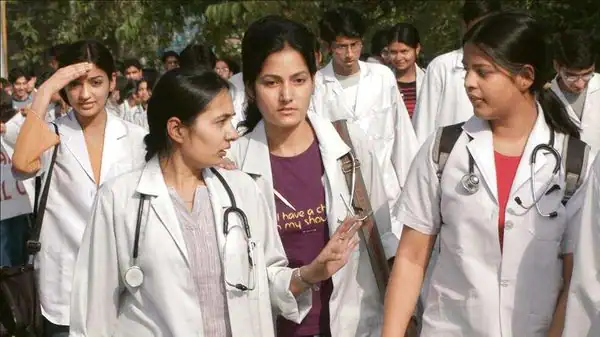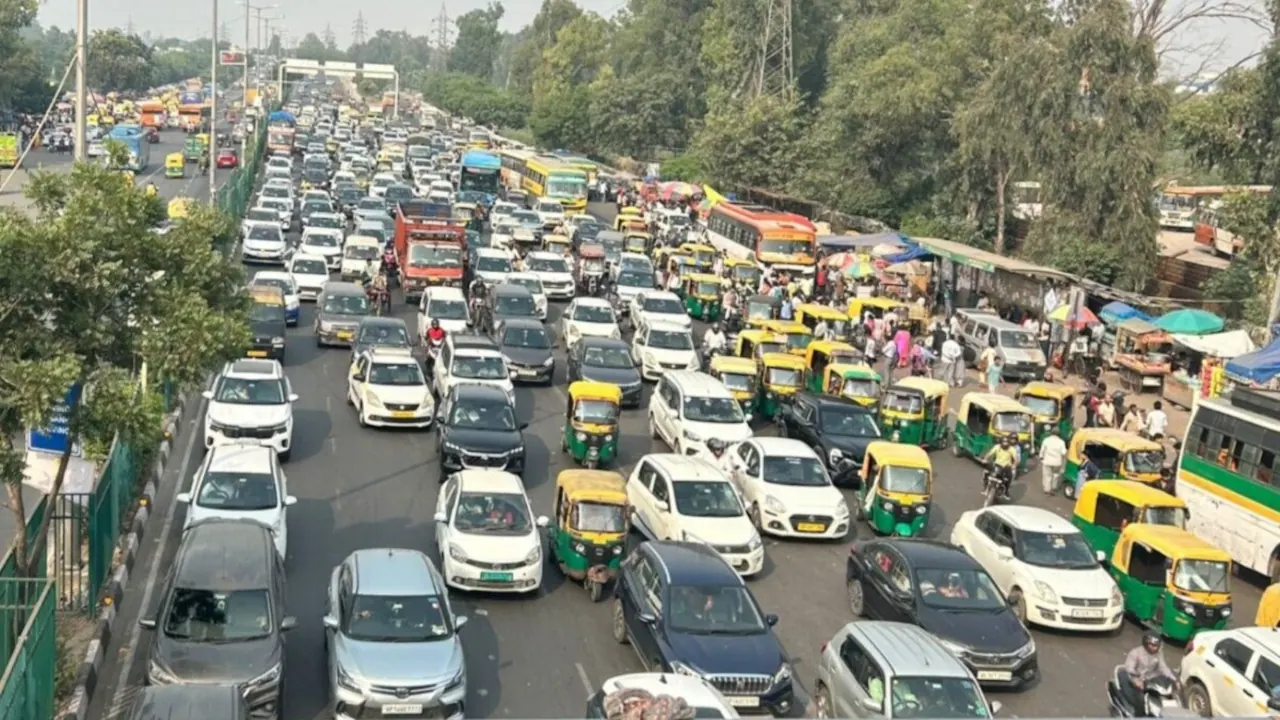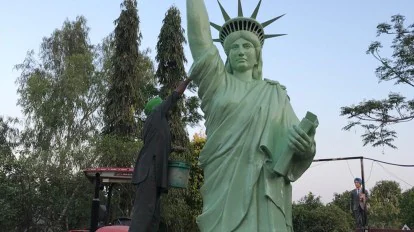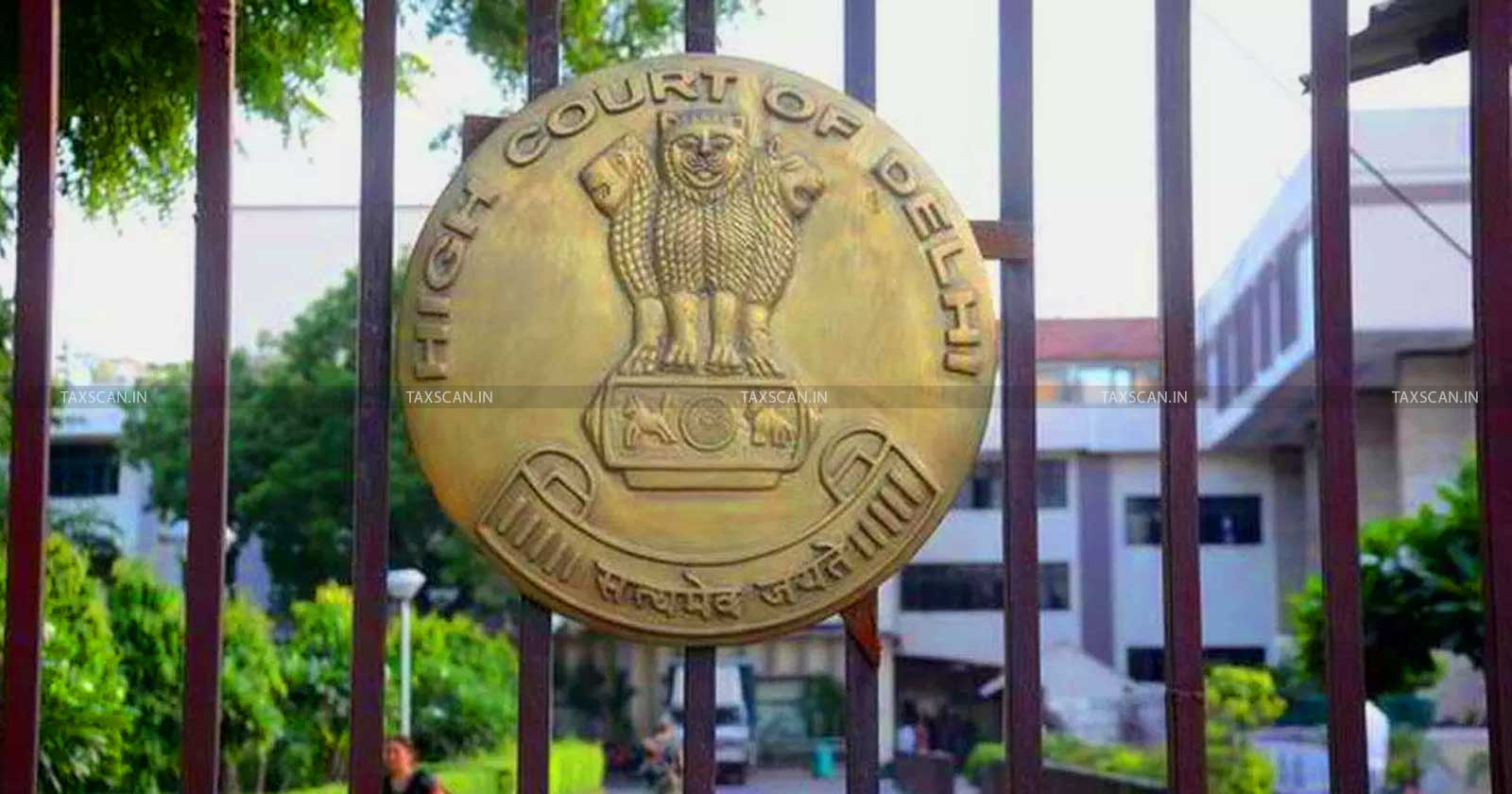Critics, including AIDSO, argue that the NRI quota would exacerbate educational inequality, increase fees, and reduce opportunities for economically disadvantaged yet meritorious students
Karnataka’s Directorate of Medical Education (DME) has once again proposed the introduction of an NRI (Non-Resident of India) quota in government medical colleges, a move met with mixed reactions. Despite previous rejections in 2018 and 2023, the DME remains determined, citing the need to mobilize funds for these institutions.
Upon the proposal’s announcement, the All India Democratic Students’ Organisation (AIDSO) quickly voiced strong opposition. Office Secretary Mahantesh B. warned that this step could pave the way for privatization within government medical colleges, a sentiment echoed in their vehement resistance.
Proponents, like medical expert Dr. Sachidananda Sarvajanamurthy, argue that the NRI quota is essential for the financial sustainability and improvement of autonomous government colleges. He emphasized that without such measures, the government might struggle to support the increasing number of these institutions.
The critics to the proposal contend that this move undermines the principles of democratic education and could lead to greater disparity on campuses, ultimately hindering the creation of capable doctors
The NRI quota provides an alternative for medical aspirants who do not secure seats through the National Eligibility Entrance Exam (NEET), but it comes at a steep cost, with fees exceeding Rs 15 lakh, compared to the significantly lower fees for NEET-qualified students.
Critics, including AIDSO, argue that the NRI quota would exacerbate educational inequality, increase fees, and reduce opportunities for economically disadvantaged yet meritorious students. They contend that this move undermines the principles of democratic education and could lead to greater disparity on campuses, ultimately hindering the creation of capable doctors.
***********************************************************
Readers
These are extraordinary times. All of us have to rely on high-impact, trustworthy journalism. And this is especially true of the Indian Diaspora. Members of the Indian community overseas cannot be fed with inaccurate news.
Pravasi Samwad is a venture that has no shareholders. It is the result of an impassioned initiative of a handful of Indian journalists spread around the world. We have taken a small step forward with the pledge to provide news with accuracy, free from political and commercial influence. Our aim is to keep you, our readers, informed about developments at ‘home’ and across the world that affect you.
Please help us to keep our journalism independent and free.
In these difficult times, running a news website requires finances. While every contribution, big or small, will make a difference, we request our readers to put us in touch with advertisers worldwide. It will be a great help.
For more information: pravasisamwad00@gmail.com









